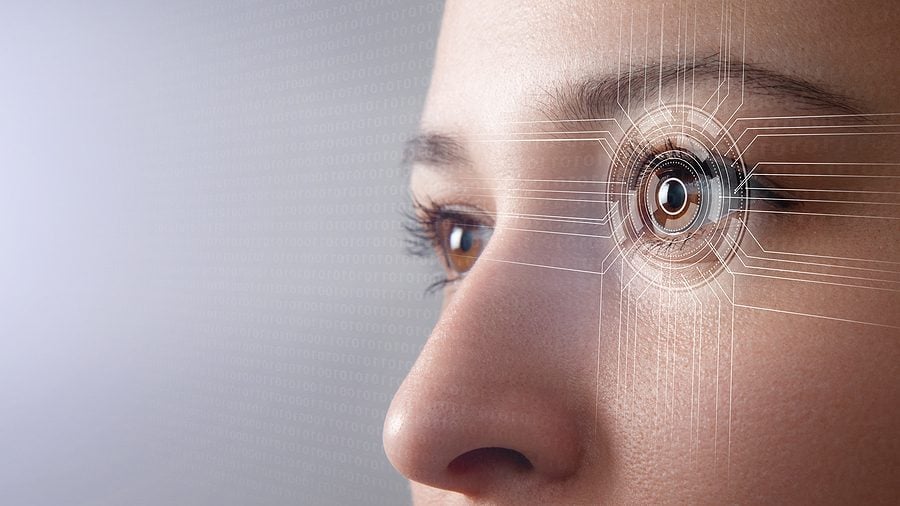By Kanishka Singh
– Private contractor ID.me said it will drop the facial recognition requirement in the identity-verification software used by several U.S. states and federal agencies, after backlash over the technology’s privacy concerns grew.
Lawmakers and privacy advocates critical of the technology called into question the system’s transparency and its bias against darker skin individuals.
“Today, ID.me announced a new option to verify identity without using automated facial recognition and will make this available to all public sector government partners”, ID.me said in a statement late on Tuesday, adding the step was based on “feedback about facial recognition”.
Earlier this week, the U.S. Internal Revenue Service, the country’s tax agency, said it will stop using facial recognition to help authenticate people creating new online accounts. The Treasury Department had said earlier it would consider dropping the use of ID.me, the private provider of facial-recognition technology, for identity verification.
All ID.me users will be able to delete their selfies or photos at account.ID.me beginning March 1, the contractor added.
ID.me has said its digital identity services are used by 10 federal agencies, including the Social Security Administration and the Department of Veterans affairs, and 30 U.S. states.
The Treasury Department initially began relying on ID.me and other third-party services due to the lack of funding to modernize IRS information technology systems.
“We have listened to the feedback about facial recognition and are making this important change, adding an option for users to verify directly with a human agent to ensure consumers have even more choice and control over their personal data,” ID.me founder and Chief Executive Officer Blake Hall said.
(Reporting by Kanishka Singh in Bengaluru; Editing by Bernard Orr)
